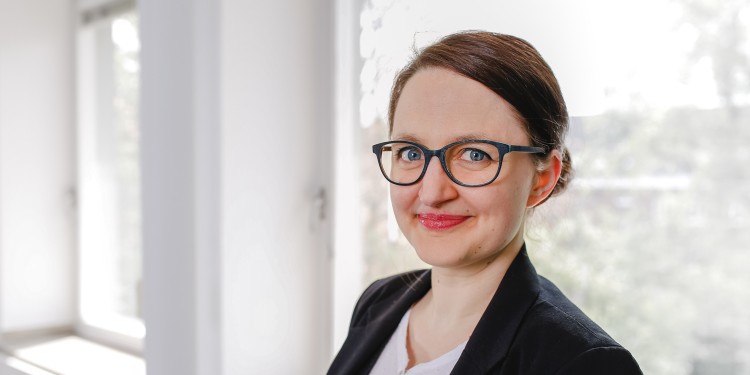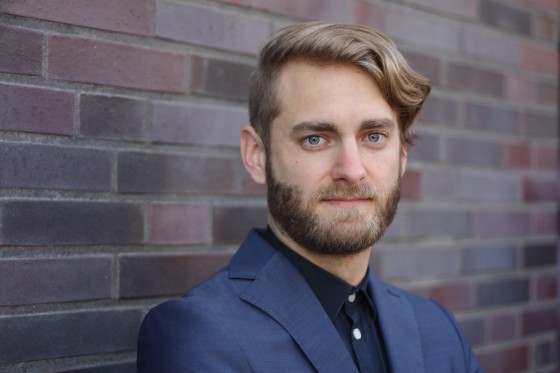
Fake news? Disinformation in the age of digital media
Just recently, US President Donald Trump conferred a Fake News Award on established media companies such as CNN – in order, as he said, to underline their "false reporting". At the same time, the same media complain that it is actually Donald Trump who often spreads fake news, i.e. news containing incorrect facts. Of course, presidents who accuse the press of making mistakes in their reporting are nothing new – and nor is politically motivated disinformation. But since the US presidential election in 2016 everybody has been talking about "fake news". So far, however, the academic world has not produced any standard definition of what "fake news" is. Roughly speaking, there are two different meanings of the term:
(1) "Fake news" as a political battle cry. In theory, all news can simply be labelled as "fake news", for example in order to denounce political opponents or shake confidence in the established media. This label is related to the term "lying press" (the word used in Germany is "Lügenpresse"), and in both cases, the aim is not so much to show up sloppy reporting as to issue a sweeping accusation of manipulation on the part of all media.
(2) "Fake news" as the more or less correct presentation of facts. Nowadays, however, the term tends to be viewed more critically. What is better is to distinguish between unintentional "misinformation" and systematic "disinformation", including the intention behind the latter to deceive. Misinformation applies to inadvertent mistakes, for example sloppy journalistic practice or poorly researched articles which are not intended to deceive. Disinformation, on the other hand, contains deliberately distorted or entirely fictitious information, for example quotations which have been tampered with or taken out of context in order to consciously deceive the public. This latter approach, in particular, is problematic from an ethical point of view and goes against social standards of behaviour.

Added to this is the fact that online disinformation is often spread via postings or websites which pose as established press organs and imitate the names or appearances of professional media. Such disinformation can be characterized as emanating from pseudo-press. Mirroring professional media systems, there is a large number of media, publishers, editorial offices and staff of this nature. They are, accordingly, an imitation of the established press – but are not subject to the same standards of (journalistic) behaviour. Instead, the pseudo-press abuses the expectations which readers have of professional media as far as credibility is concerned, and aims instead to make money, increase click-rates or disseminate political propaganda.

At the same time, digitalization presents an opportunity to combat disinformation. Anyone using the media can undertake online research to check information – beginning with the legal notice and including reverse searches for quotations, photos or videos. Taking a critical look provides a lot of opportunities for users to become active themselves and track down false information. In doing so, however, it is better to avoid the term "fake news", which entails not only generalization but also denunciation.
Felix Brinkschulte completed his master’s course in communication studies at Münster University in the summer semester of 2017. His master’s thesis is entitled "Online networks of the far right. An exploratory study to register digital structures, starting with the right-wing populist player 'AfD'" While writing his master’s thesis he worked as a research student in the Research Training Group "Trust and Communication in a Digitalized World". Since January 2018 he has been working as a research assistant in the junior researchers group "Democratic Resilience in Times of Online Propaganda, Fake News and Hate Speech (DemoRESILdigital)".
Dr. Lena Frischlich completed her doctoral thesis at the University of Cologne. Since 2011 she has been doing research into the presentation and effect of (extreme) propaganda and counter-information in the media. Since July 2016 she has been researching at the Department of Communication at the University of Münster. Initially, she worked on a project on "Recognizing, verifying and combating hidden propaganda attacks via online media" with Prof. Thorsten Quandt. Since January 2018 she has been heading a junior researchers group studying "Democratic Resilience in Times of Online Propaganda, Fake News and Hate Speech (DemoRESILdigital)".
Further information
- Guest commentary on the subject of fake news by business information specialist Dr. Christian Grimme
- Guest commentary on the subject of fake news by communications specialist Katherine M. Grosser
- All articles on the subject of digitalization at Münster University
- Junior researchers group studying "Democratic Resilience in Times of Online Propaganda, Fake News and Hate Speech"
